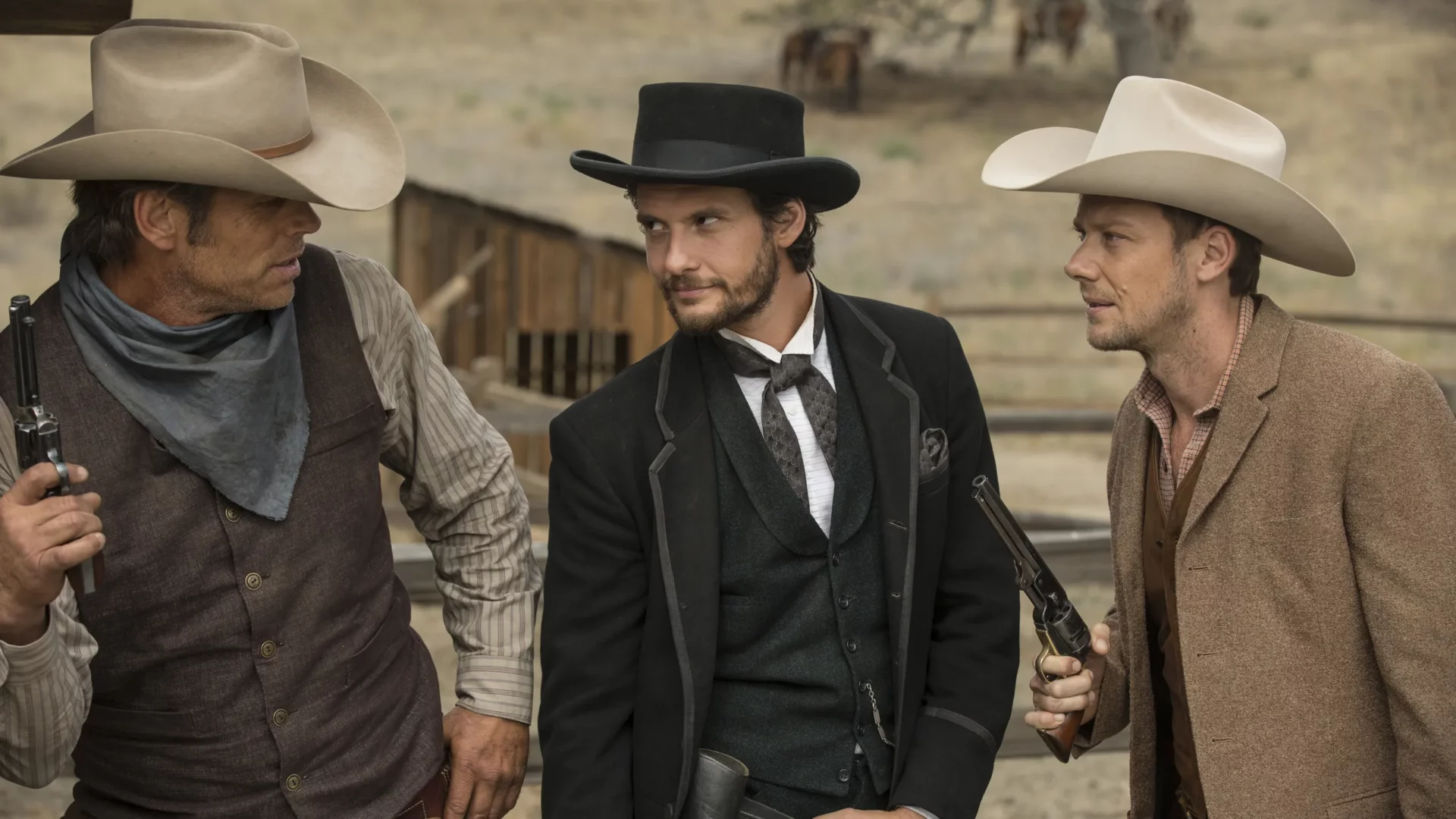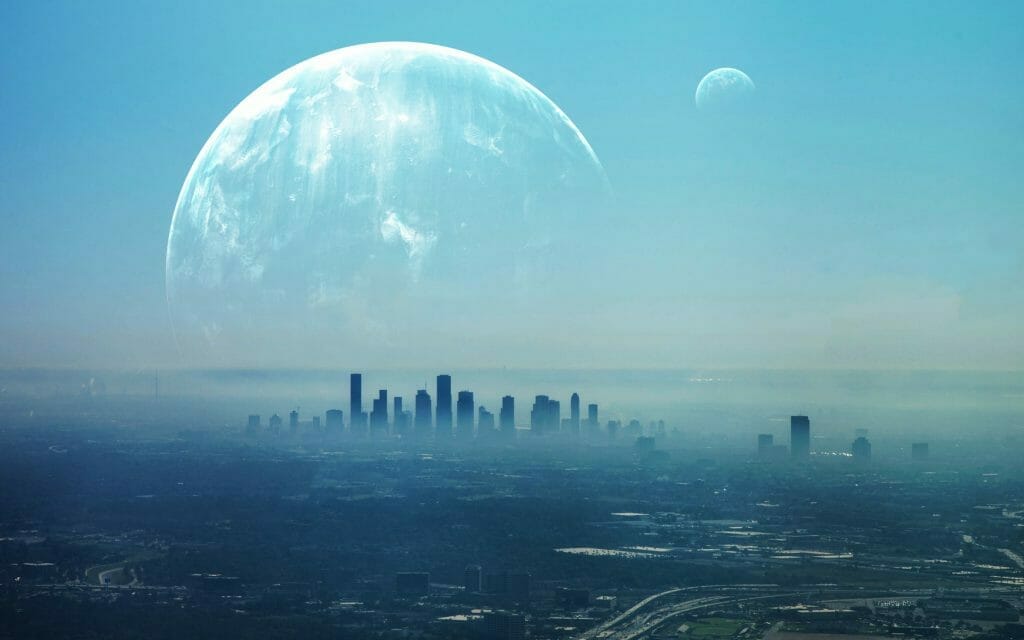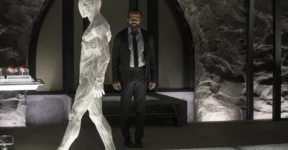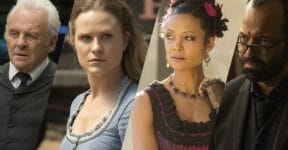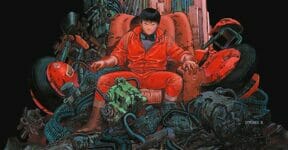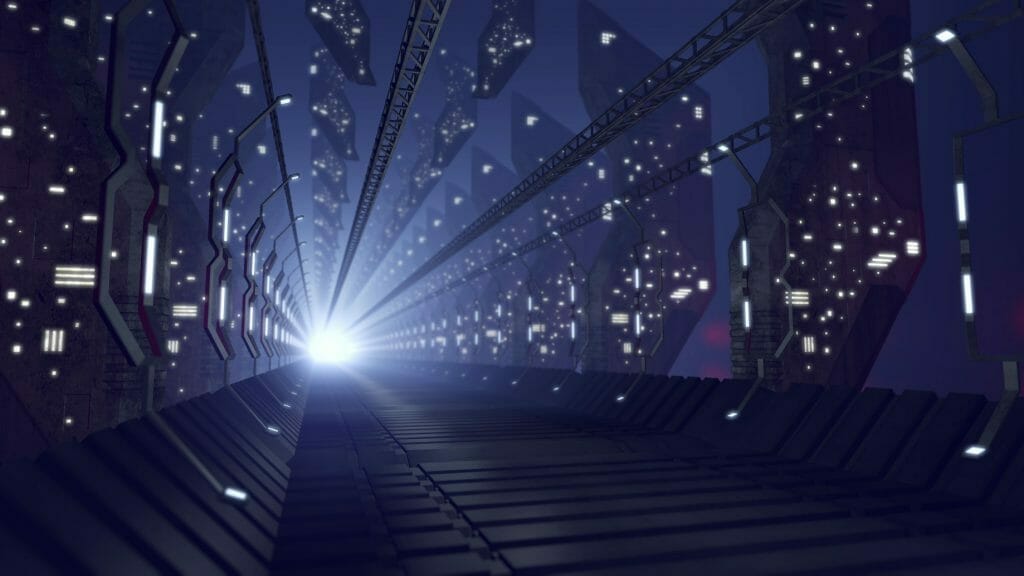HBO’s Westworld version of the 1973 film of the same name doesn’t stray far from the original premise in terms of set or timeline, but it does switch things around by putting human characters on the losing side in the conflict against hyper-realistic humanoid AI. The general idea remains the same as the film, at least in Westworld Season 1, where human guests pay a hefty amount of money (up to $40,000) to enter a theme park inhabited by robots so advanced – they’re almost completely identical to their human counterparts. The theme park is styled to resemble a castle town during the 1800s Midwestern United States and characterized by the lawlessness of the Wild West.

Guests are welcome to do whatever floats their boats as if they’re indeed living in the American frontier period, including subjecting the robots or “hosts” to many heinous acts, including torture, rape, and killing with no consequences. This shouldn’t be an issue since the hosts are essentially machines covered in human-like skins, like the T-800. However, problems arise because the hosts in Westworld are exceptionally sophisticated, they display exceedingly convincing signs of physical pain/injuries (they bruise and bleed) as well as symptoms of emotional distress (gestures and expressions of fear, desperation, sadness, and so on).
If the guests want to drown themselves in whiskey with the hosts, that’s fine; have fun time with robotic prostitutes, it’s alright; shoot hosts for no apparent reason, no consequences; rape and torture some realistic androids, they could do so. To ensure that everything remains within the realm of paid-entertainment, the hosts are not programmed to defend themselves or refuse the guests’ lust and desires in such a way that it may harm the visitors. Nobody’s getting hurt, after all – hosts are mere playthings to paying customers. In fact, the whole point of the theme park is to provide an unmatched level of immersion and realism as they indulge in their unrestrained fantasies of the American frontier period, or so it seems.
That being said, it doesn’t take long until you realize that Westworld probably has an intrigue or two underneath all the fancy 3D-printing and robot programming facilities. Dr. Robert Ford, one of the original park creators, is seen having a conversation with the now-decommissioned, less advanced early version host in an underground warehouse where Delos Incorporated, the company behind Westworld theme park, keeps its hosts, or “livestock” as the organization officially refers to them. You can’t help but wonder if the boss actually enjoys the company more than the conversation itself. Assuming Dr. Ford wants to have more lifelike interactions with any of the hosts, he can just summon one of the newer specimens. Or to state the obvious, another human, like Bernard Lowe, who is the head of the programming division in Westworld.
Another major revelation happens when a prominent guest known simply as the “Man in Black” tortures Kissy, a card dealer at the Mariposa Saloon. In an encounter where the Man in Black slices Kissy’s throat, there is blood flowing from the latter’s supposedly robotic body. The blood could be any red-colored thick viscous substance to add to the realism effect of the park, but it might also act as a clue that Dr. Ford has a hidden agenda with his creations. Things become much more interesting when the show unveils how hosts have the same circulatory systems as humans.
The Case for Immortality
For much of the first season, Westworld pitches the idea of the hosts getting their behavioral patterns and tendencies from pre-programmed scenarios planted into their memories. Everything changes approaching the end of the season when Bernard Lowe, who has always been presented to viewers as one of the smartest people in the park, turns out to be a replica of Dr. Ford’s former partner and Westworld co-creator, Arnold Weber.
Dr. Ford also reveals that Bernard still possesses all of Arnold’s memory of the past, except the part where they disagreed over whether to give hosts’ consciousness and free will, showing that it has been quite a possibility since the early days of the theme park. And if you go back to the first episode, especially the part where Dr. Ford says that humans have reached the peak of evolution, it makes perfect sense to aim for humanoid development because realistic robots might be the most effective way to gain immortality. Case in point: Bernard Lowe was a replica, not only physically but also consciousness-wise, of a long-dead Arnold Weber.
With Dolores and Maeve (both are hosts) increasingly becoming self-aware and more human-like, Westworld blurs the line between humans and robots in a coherent, enjoyable fashion. Perhaps the hosts are not robots at all, but clones of deceased individuals yet with programmable characteristics and some replaceable memories.
We think it would be much too shallow if we see Dr. Ford’s motivation as mere financial gain. According to the Man in Black, it’s a world where humans have plenty of everything and want from nothing, except purpose. Dr. Ford even suggests that human evolution has come to a dead end. Immortality is the next logical step. As soon as (or perhaps before) death, a person can transfer their memories and conscience to a humanoid robot in order to continue living in a different yet identical body.
Do you think it’s possible to store someone’s story, experience, and life in a device to be planted into a robot? Do the hosts actually become self-aware, or that somebody programs them to exercise free will? We’d love to hear from you.
Other Things You Might Want to Know
Who built Bernard Lowe?
Dr. Ford, with help from Dolores Abernathy, created Bernard Lowe to be a replica of Arnold Weber. Bernard only thinks he is human because it’s part of the programming.
What does the existence of Bernard Lowe actually prove?
It’s likely evidence that Ford can create sentient robots. To make sure that Bernard stays obedient, Ford prevents him from accessing full memories of Arnold’s life.
Anthony Hopkins’ latest film credits:
- One Life (2023) as Nicholas Winton
- Freud’s Last Session (2023) as Sigmund Freud
- Rebel Moon – Part One: A Child of Fire (2023) and Rebel Moon – Part Two: The Scargiver (2024) as Jimmy (voice)
Check out other articles by month:

